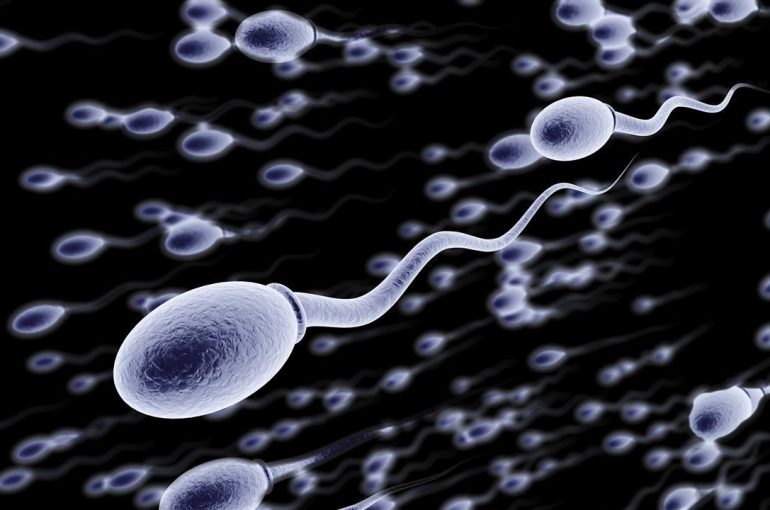Male Infertility – Causes, Diagnosis and Treatment Options
Male Infertility – Causes, Diagnosis and Treatment Options

Male infertility is defined as a man’s inability to impregnate a fertile female partner following a year of regular, unprotected intercourse. Some causes include low sperm count, poor sperm motility, abnormal sperm shape, blockages, health, environmental, lifestyle and genetic factors.
Diagnosis involves semen analysis, hormonal testing, genetic testing and imaging. Treatments range from lifestyle changes, surgical interventions to assisted reproductive technologies (ART) like IUI (Intrauterine Insemination) and IVF (In Vitro Fertilization).
Causes of Male Infertility
- Low Sperm Count: Insufficient sperm production.
- Poor Sperm Motility: Sperm do not swim well enough to reach the egg.
- Abnormal Sperm Shape: Irregularly shaped sperm that can’t fertilize the egg.
- Blockages: Obstructions preventing sperm delivery.
- Health: Diabetes, obesity, infections, and specific medications can all have an impact on fertility.
- Environmental: Toxins, radiation, and high heat (such as that found in saunas or hot tubs) can all have an impact on sperm production.
- Lifestyle: Smoking, heavy alcohol use, drug use, and stress can all lead to infertility.
- Genetic factors: Some genetic conditions such as Klinefelter syndrome, Y chromosome deletions, cystic fibrosis gene mutations affecting the vas deferens, and certain genetic abnormalities affecting sperm production or function can also cause infertility.
Diagnosis of Male Infertility
- Semen Analysis: Evaluates sperm count, motility, and shape to determine if IVF is a suitable option.
- Hormonal Testing: Checks testosterone and other hormone levels that may affect fertility.
- Genetic Testing: Identifies genetic abnormalities that might impact treatment plans with specialized tests (e.g DNA Fragmentation Index)
- Imaging: Ultrasound to detect any blockages or abnormalities in the reproductive tract.
Treatment Options for Male Infertility
- Lifestyle Changes: Improve diet, quit smoking, and reduce alcohol intake. These can enhance overall fertility and IVF success rates.
- Surgery: Correct blockages or varicocele to increase the chances of successful IVF.
- IUI (Intrauterine Insemination) and IVF (In Vitro Fertilization)
- ICSI (Intracytoplasmic Sperm Injection): A single sperm is injected directly into an egg to facilitate fertilization.
- Sperm Retrieval Techniques: Methods like TESA (Testicular Sperm Aspiration) if sperm is not present in an ejaculate.
Consult with us at Nordica Fertility Center! We have a pool of fertility specialists with many years of experience. We offer a wide range of tailor-made services based on individual needs. To get started, book an appointment today or call us on 07026277855 or send a mail to info@nordicalagos.org.



